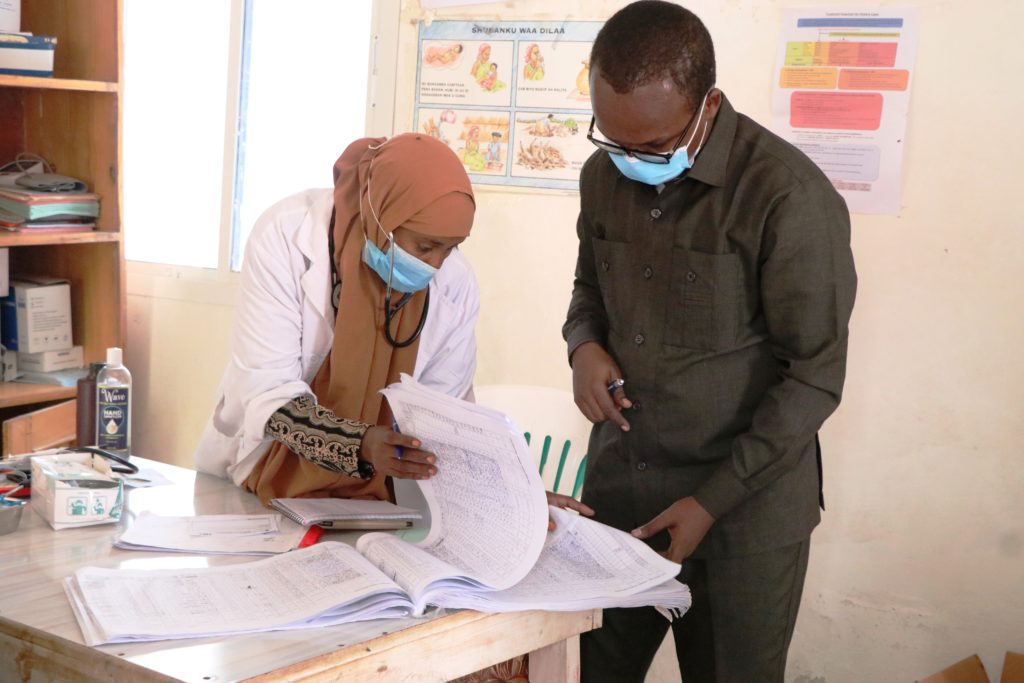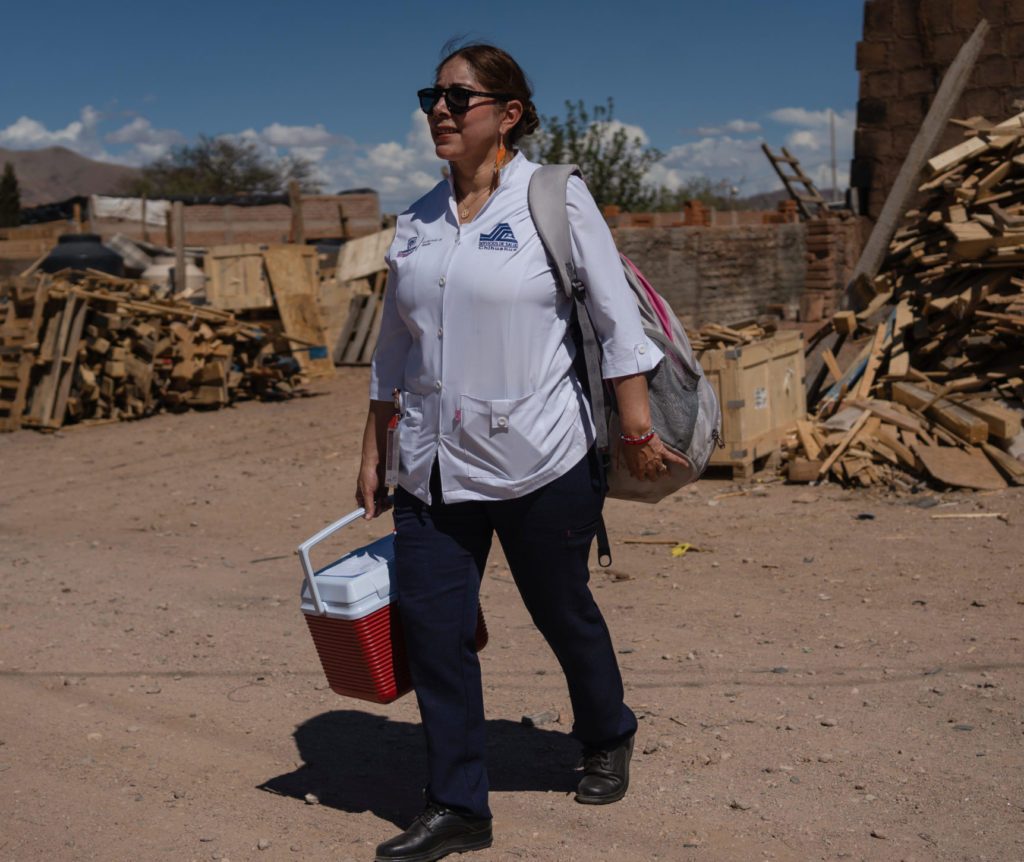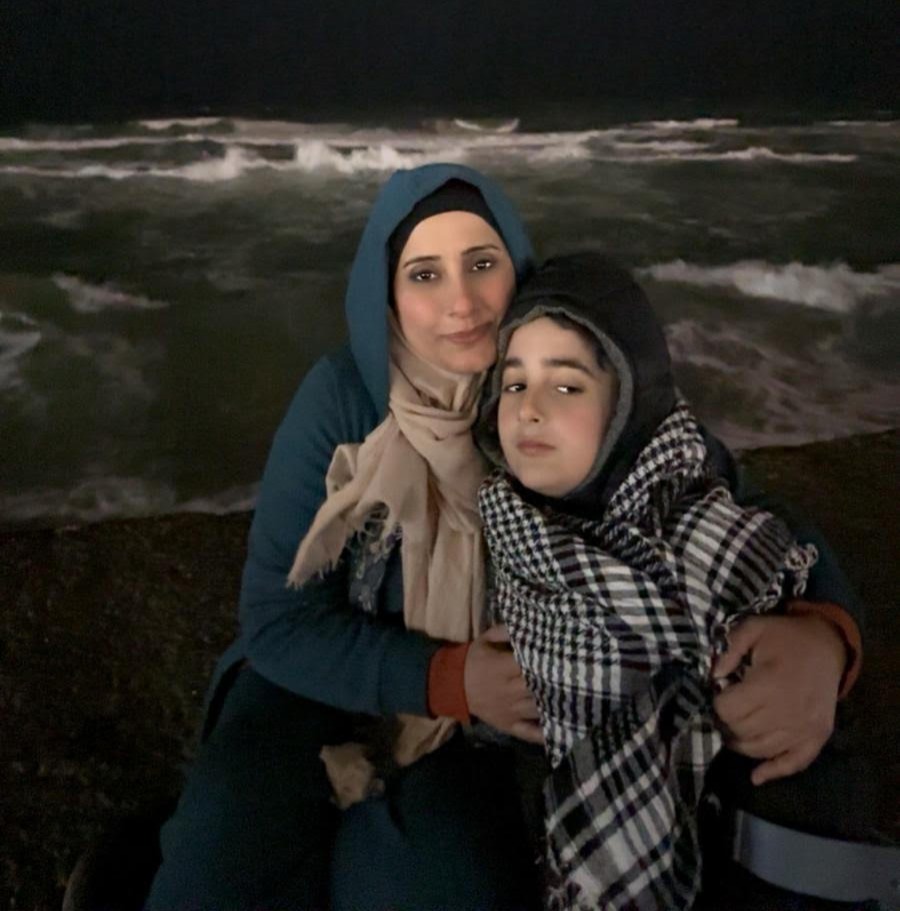Five Fast Facts on Sudan’s Health Emergency

Fatioma, a refugee from Sudan, receives medical assistance for her pregnancy upon her arrival in Adre, a border town in Chad. Credit: WHO / Nicolò Filippo Rosso
How the World Health Organization (WHO) is mobilizing medical care in the face of ongoing conflict in the country.
1) The civil war in Sudan has displaced 10 million people internally, forced 2 million to flee to neighboring countries like Chad, South Sudan, Egypt, and the Central African Republic, and has crippled the health system, with 80% of facilities unable to function.
2) One area of the country is already in famine, while others face the looming threat. Disease outbreaks, including cholera, malaria, dengue, and measles, are taking lives, and gender-based violence is widespread.
3) Acute malnutrition has already led to the deaths of many children, with more at risk without treatment. Accurate numbers are hard to establish, as many areas in Sudan are too dangerous to access. An estimated 3.6 million children are acutely malnourished, including 730,000 suffering from severe acute malnutrition.
4) Over 100 attacks on healthcare facilities have been recorded, injuring health workers and patients. Many health workers have fled, putting further pressure on health services.
5) Since fighting erupted, WHO has been raising the alarm, and providing vital emergency health assistance including:
-
- More than US$20 million in emergency medical supplies
- Support for health facilities across all 18 states of Sudan and over 100 stabilization centers for children with life-threatening malnutrition
- Organization of vaccination drives
- Training midwives in emergency care and doctors in mental health care
- Coordinating the deployment of emergency medical teams
Following his visit to the children’s stabilization center in September 2024, the WHO Director General, Tedros Adhanom Ghebreyesus, said:
I was shaken by the state of many of the tiny, wasted children, and stunned by the harrowing accounts of their mothers. The world must not look away – this crisis demands our immediate and collective response. We must not fail the people of Sudan.
As of September 2024, WHO’s response to the Sudan emergency is underfunded, with only 24% of the needed funds received.
Please join us in supporting WHO’s vital work to provide medical care to those affected by the crisis in Sudan. Your donation will make a real difference.




